Human life as we know it was created 200,000 years ago. Despite being vulnerable, we humans have conquered swathes of territory, like no other species before us. After 180,000 years of nomadic living, thanks to a more clement climate, humans settled down in environments that are abundant in water, fish, game and wild plants. There, where land, water and life combine – The Tropical Countries. With the materials at our disposal, we built houses adapting to our climatic needs. This was what came to be known as “Vernacular architecture”.
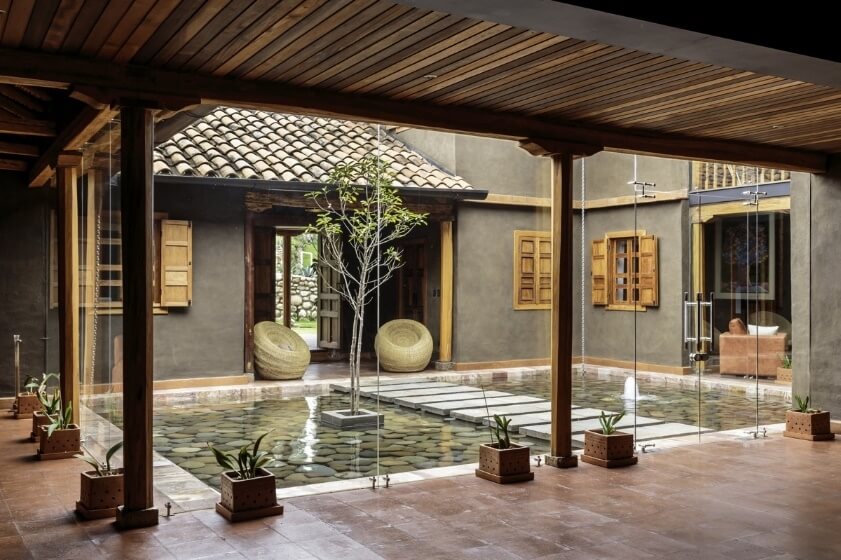
https://portella.com/blog/interior-courtyards/
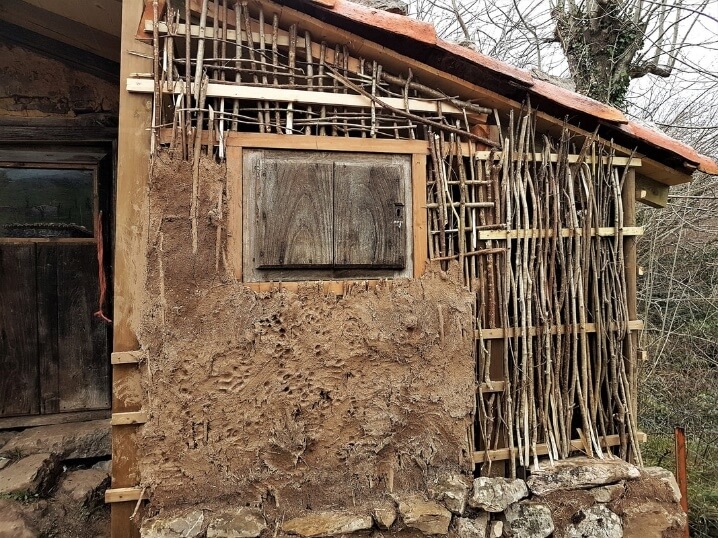
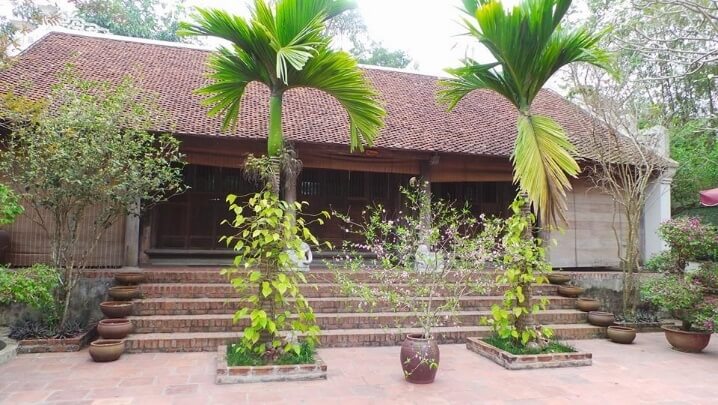
Sandwiched between the Tropic of Cancer and the Tropic of Capricorn at 23 degrees north and south of the Equator, the Tropical countries are rich in resources. The different ecosystems have defined food chains and generate optimum circumstances for life to thrive in each of these habitats. Some of these Tropical countries and territories include India, Vietnam, Mexico, Madagascar, Indonesia, Peru, Bali, Singapore, Philippines, Malaysia, Thailand, etc.
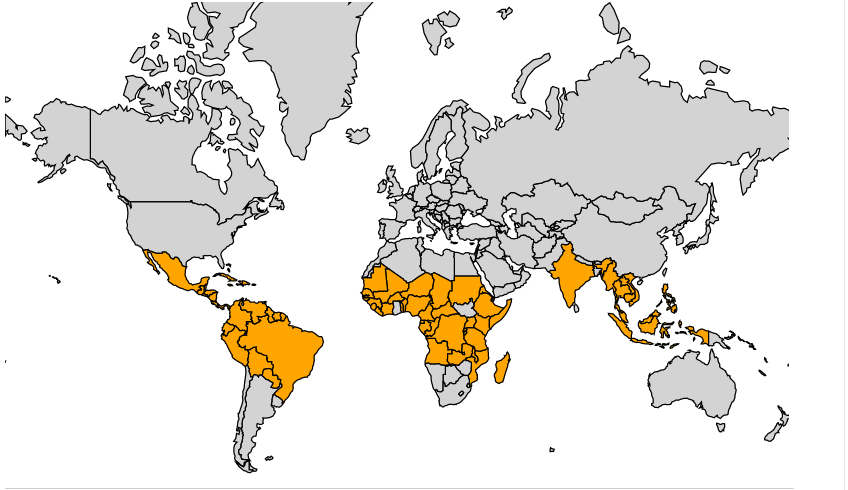
From kurinji (mountains) to mullai (forest) to marutham (cropland) to neithal (seashores) to paalai (deserts), the Tropical countries have an array of landscapes. Houses in tropical regions reflect their respective topographies through their architectural designs.
It is common for people to associate tropical architecture with a certain aesthetic. Our imagination wanders to resort-like mansions or cozy timber huts. But Tropical architecture is more than that. As the name implies, tropical architecture is concerned with the study of the tropical climate, its impact on the surrounding environment, or its influence on the tropical surroundings. It boils down to achieving thermal comfort without the use of mechanical systems by focusing on passive design.
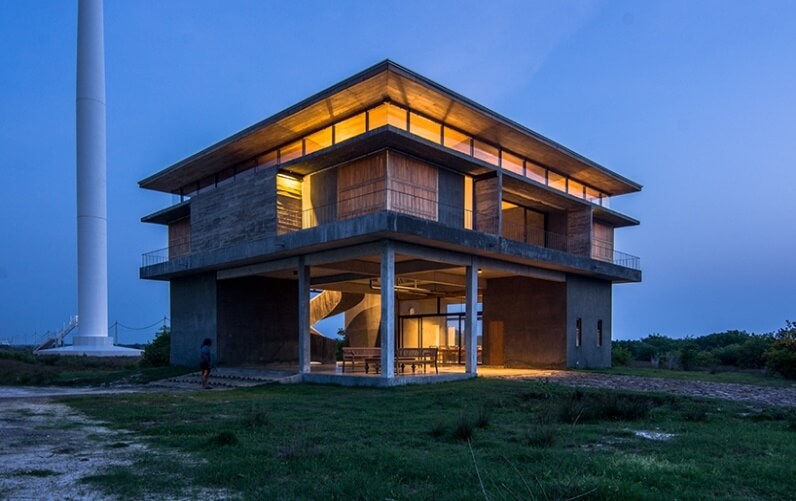
In the eyes of an average person, architecture is the art of building a shelter that is hospitable. The core goals of the field are indisputable.However, to an architect, shelter should also be environmentally friendly while keeping in mind the elements like demographics, aesthetics, building orientation and accompanying complexities. Satisfying these elements is what leads to climate-responsive architecture.
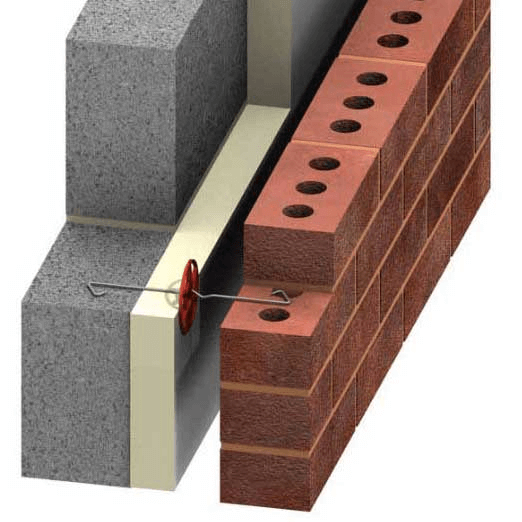
Cavity walls
https://www.mrfixitbali.com/walls/cavity-walls-veneer-internal-linings-51.html
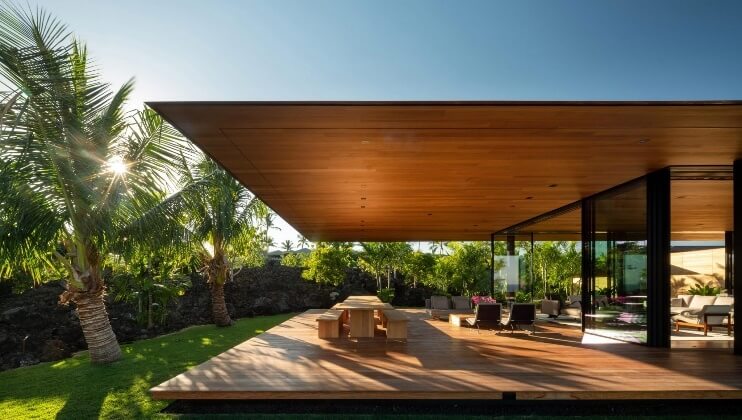
overhanging roofs
https://www.designboom.com/architecture/flood-resistant-blooming-bamboo-home-by-hp-architects/
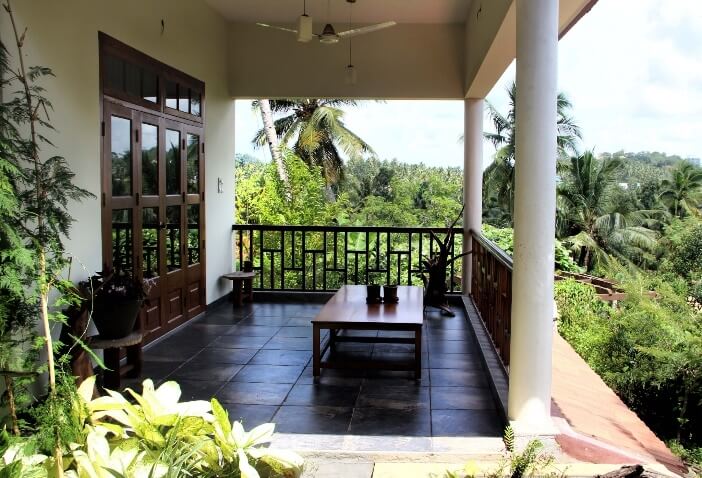
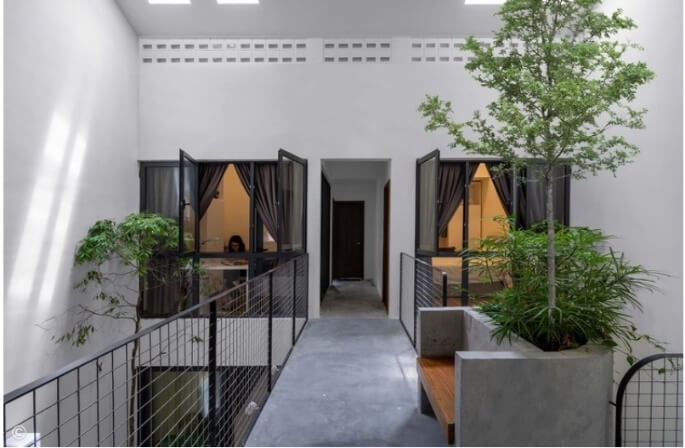
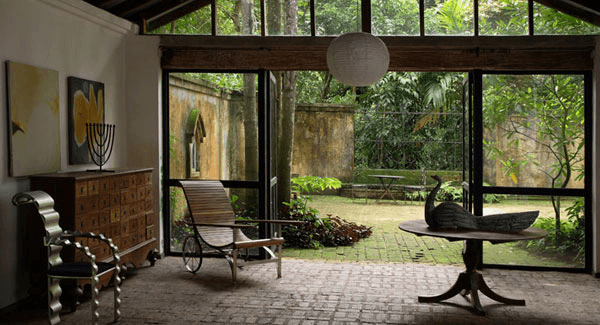
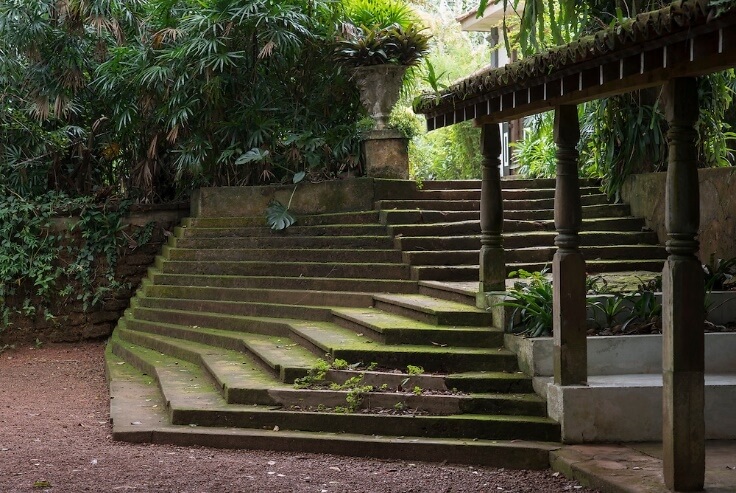
Despite the varied tropical climatic conditions, popular architects such as Geoffrey Bawa, PalindaKannangara, Charles Correa, B. V. Doshi, Ricardo Legorreta, Vo TrongNghia, HoàngThúcHào, AD9 architects and Tropical Space Architects have designed amazing buildings tending to the needs of both the client and the environment, creating an aesthetically pleasing and cozy living space,using materials that are locally available and eco friendly. Some of these commonly used materials include:
Bricks
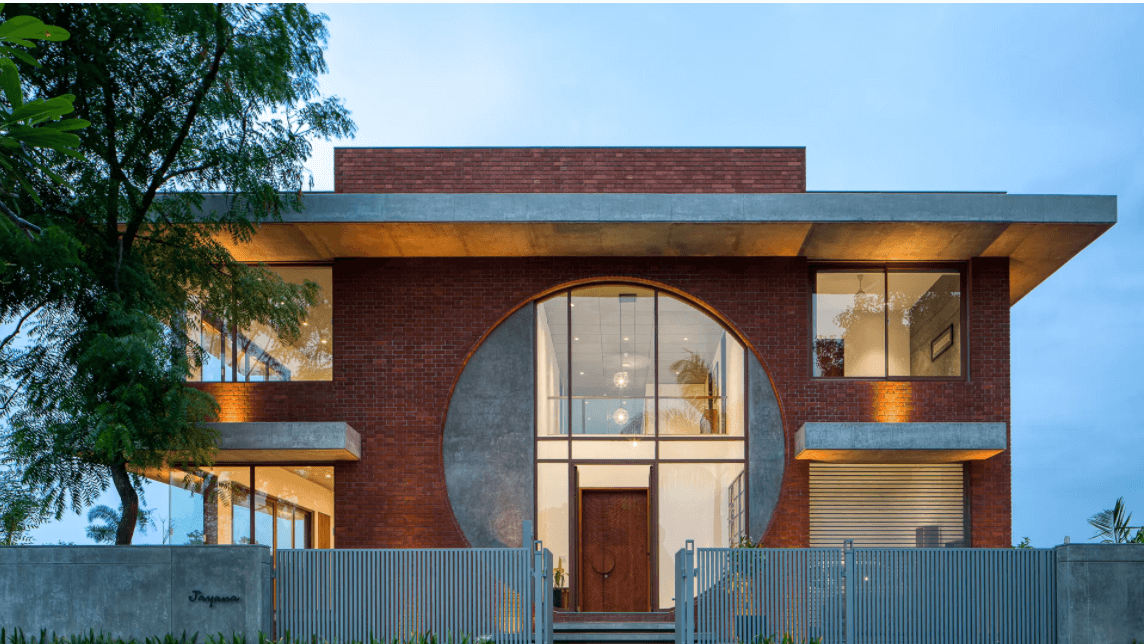
GLASS
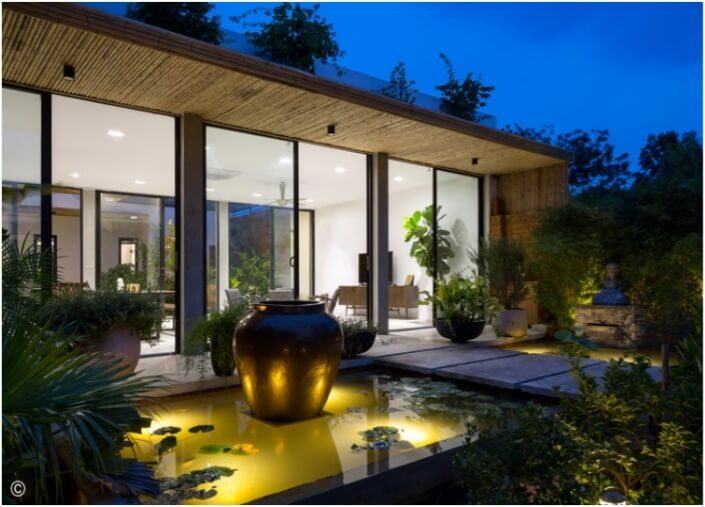
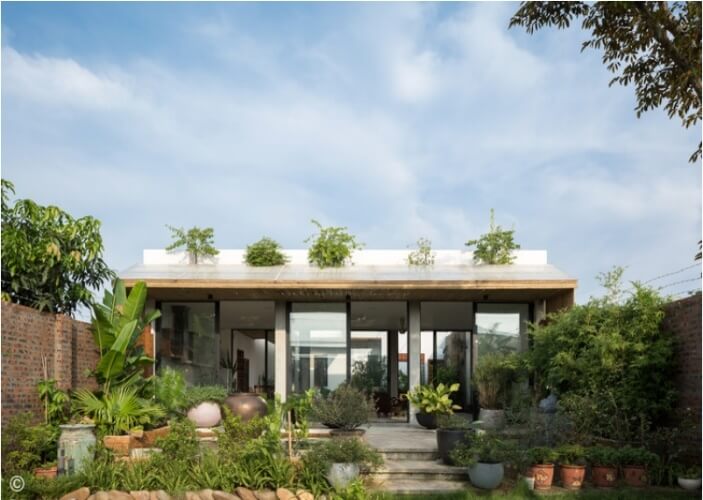
https://www.archdaily.com/899627/de-house-365-design?ad_source=search&ad_medium=search_result_projects
Concrete:
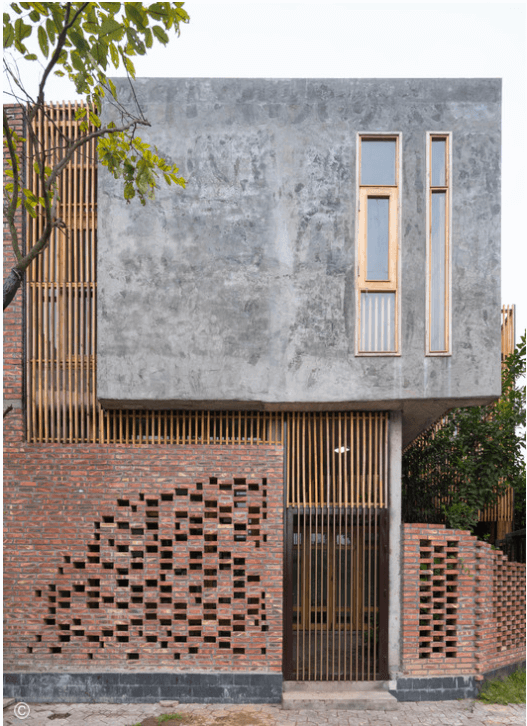
https://www.archdaily.com/884870/kai-house-iday-design?ad_source=search&ad_medium=search_result_projects
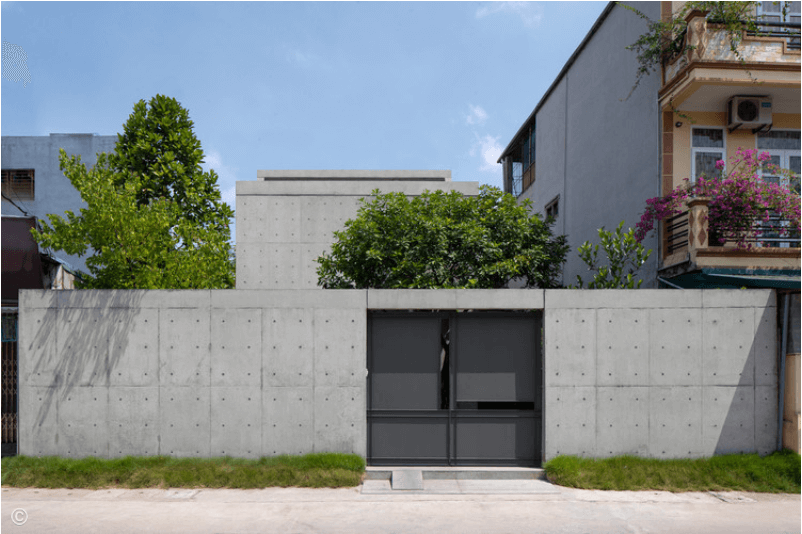
https://www.archdaily.com/953674/trang-house-nguyen-thanh-trung-architects?ad_source=search&ad_medium=search_result_
Stone:
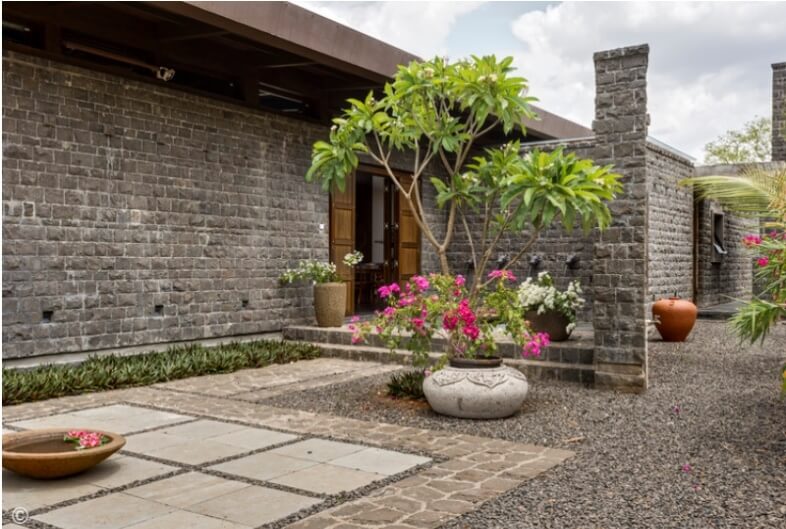
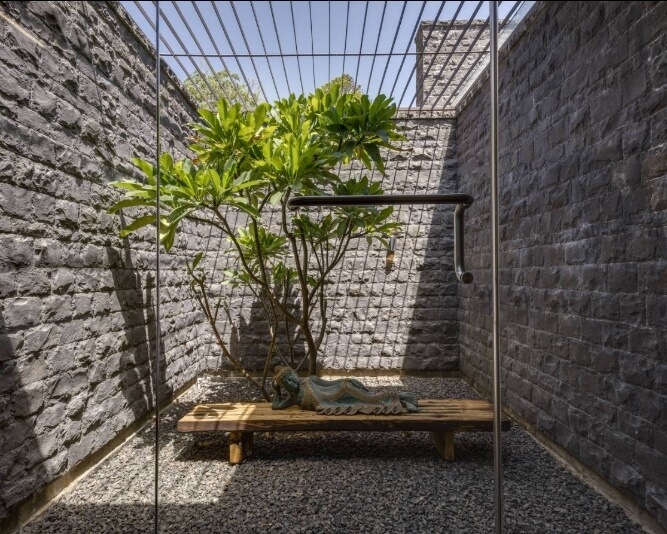
https://www.archdaily.com/959716/hermitage-retreat-studio-humane?ad_source=search&ad_medium=search_result_projects
Wood:
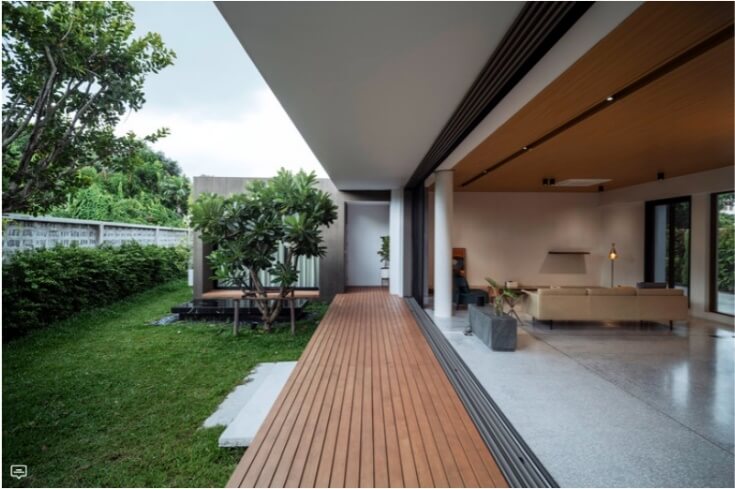
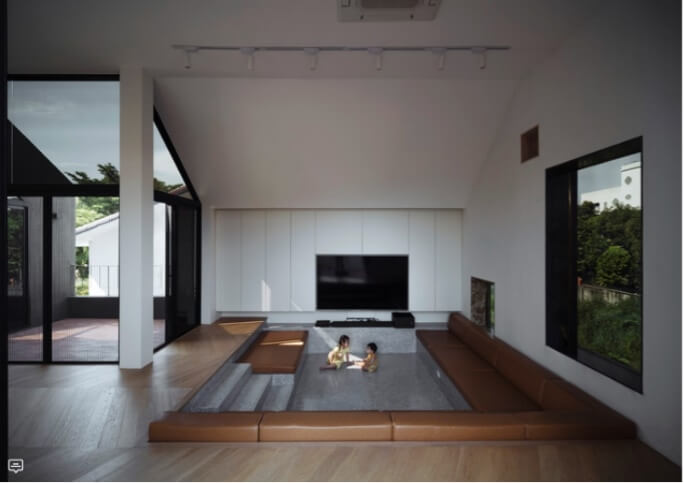
Steel:
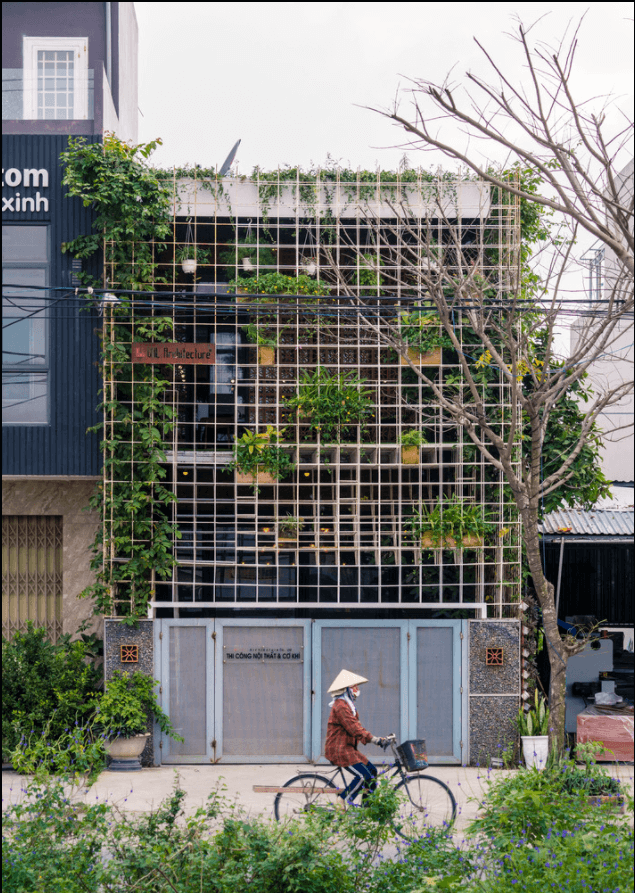
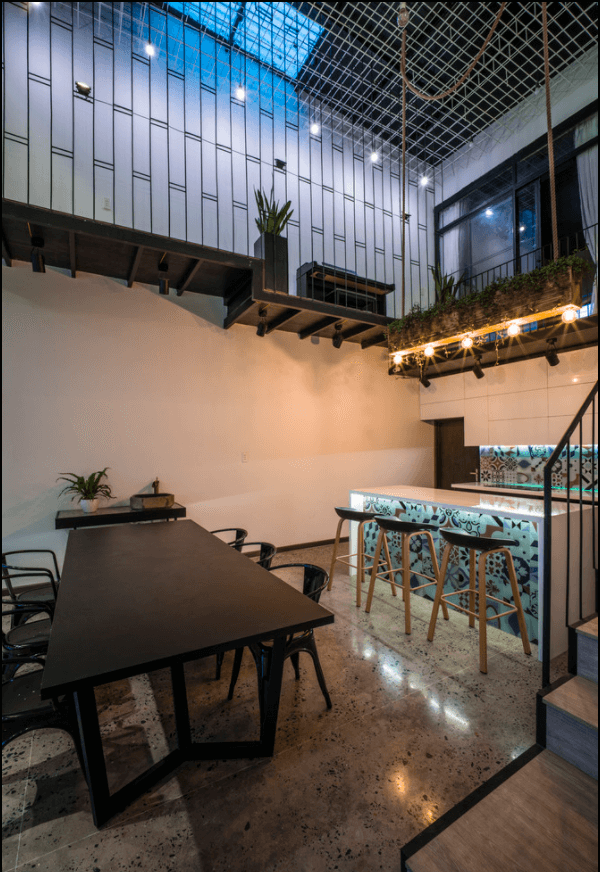
Bamboo:
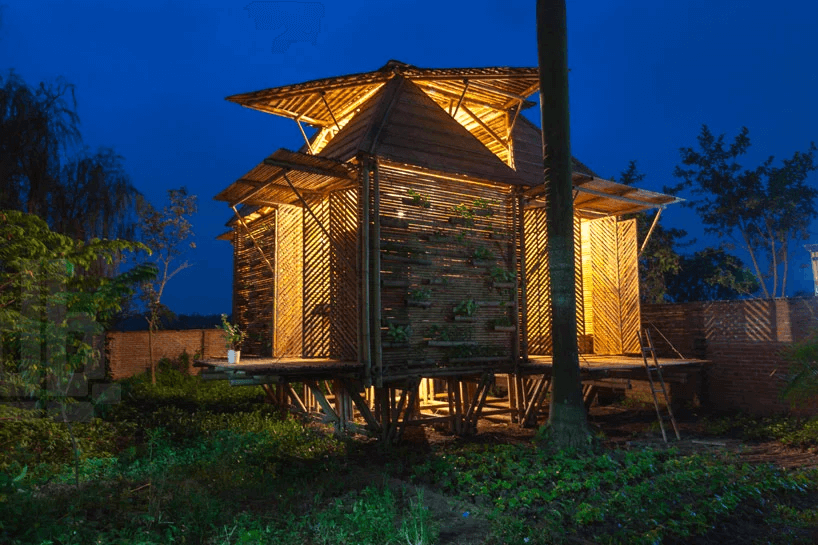
In our next blog, we will focus on the different climate-responsive vernacular architectural designs done in the above-mentioned tropical countries in our current day scenario with a spotlight on Vietnam.
Related Articles
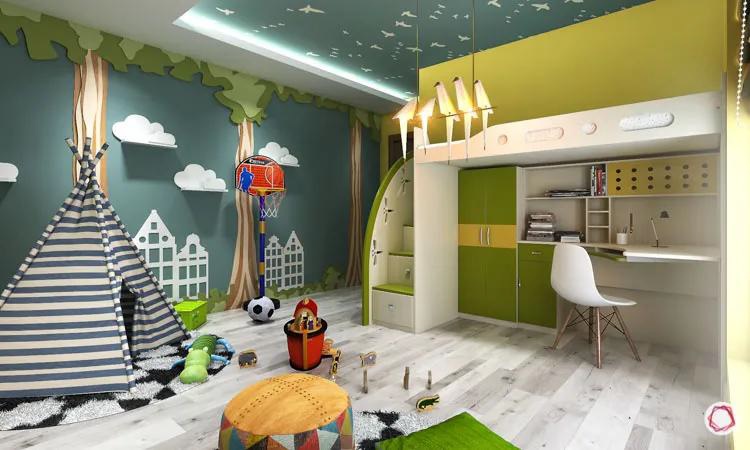
Divvying Living spaces : How the Pandemic Re-Shuffled Our Homes
by Ramya Shree K.K.Without a doubt, the COVID-19 pandemic has changed how we live. With most people around the world spending significantly more time in their homes than ever before, people are devoting more time and energy into finding more uses for their living...

Does everyone need an architect?
There is a myth that an architect will work for people with more land and will charge an exquisite amount of money in designing them. Few architects of old generations sometimes design for people with more than a particular level area. Nowadays, all architects...
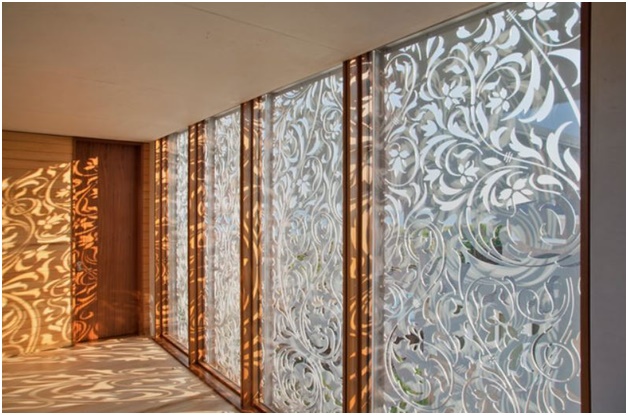
Building with Climate
-“Dude my building is absorbing more heat, it's very hot to live here”. -“Probably this Global warming is causing heat rise” This answer is correct for many cases. Along with it, there are lots of other factors responsible for the increase in heat inside as well as...
